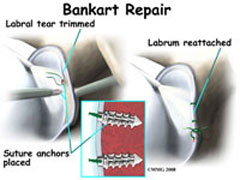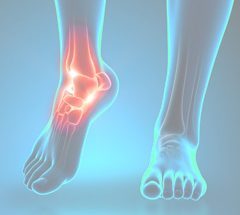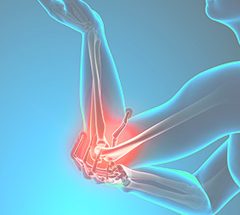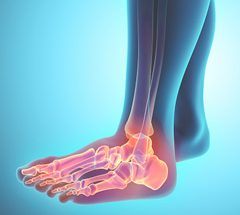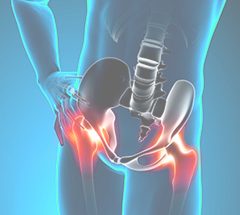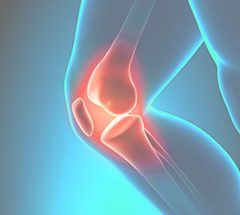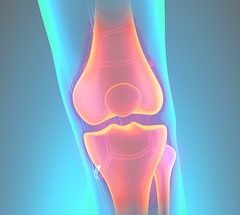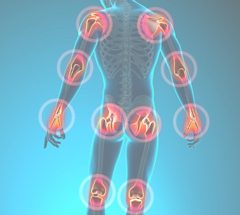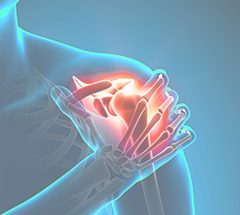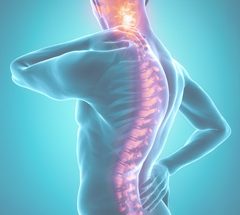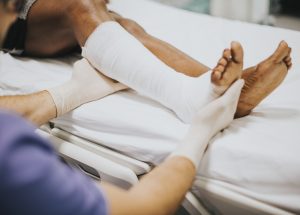Shoulder Instability
The shoulder joint is the most mobile joint in the body and is at risk for instability. It is the most commonly dislocated joint in the body. Shoulder instability can occur after a traumatic injury, or it can occur spontaneously in some patients who are loose jointed. The shoulder can completely dislocate and become stuck, requiring relocation, or it can partially dislocate (subluxate). In patients who sustain a traumatic dislocation, the younger the age of the patient at the time of the first dislocation, the more likely he/she is to develop recurrent instability. Repeated dislocations can become painful and quite disabling over time.
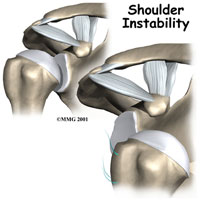
Shoulder instability can be due to tearing of the labrum (ring of cartilage around the shoulder socket) or due to looseness of the capsule and ligaments that hold the shoulder joint in place.
Treatment for shoulder instability typically involves physical therapy to strengthen the muscles around the shoulder and prevent further dislocations. If this is unsuccessful, surgical stabilization may be necessary. Modern, minimally invasive arthroscopic techniques can be used to stabilize the shoulder successfully in the vast majority of patients, leading to shorter recovery times and improved cosmesis, compared to open stabilization.
